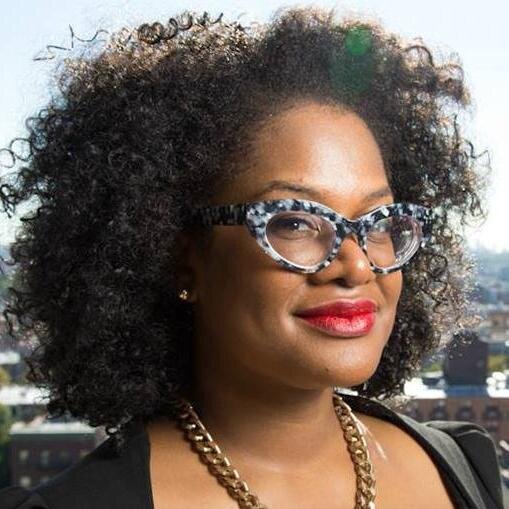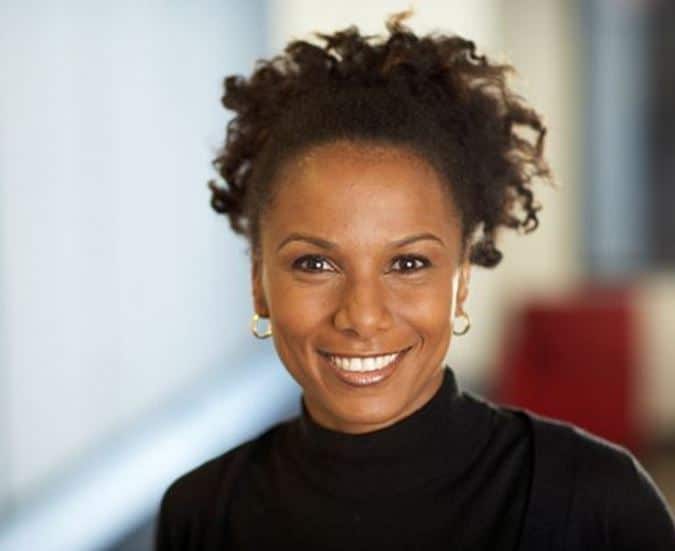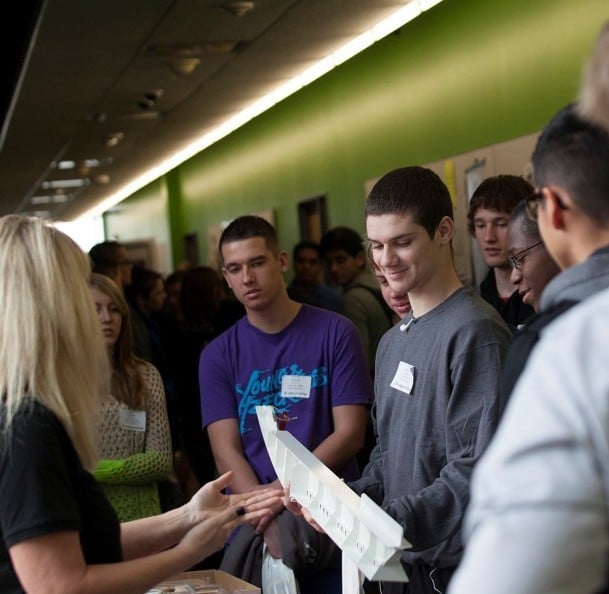There are a lot of buzzwords flying around these days: blerds, STEM, startup, economic empowerment, the “new economy.” They’re even still throwing around “diversity” like that wasn’t played out in the ’90s. It seems everybody has an opinion about who, what, when, why and how Black Americans should spend our time and money. There’s lots of talk, but little explanation and, all too often, no action. So consider this a little primer:
Definitions:
Blerd — Black nerd. (Note: White nerds are simply known as “nerds.”)
STEM — Science, Technology, Engineering and Math. Want a job? Learn one or more of these.
Startup — A small business, generally in technology. Hollywood, CNN and Congress love them, but they’re really a very small percentage of small businesses in the country. However, every small business uses technology these days, so in that sense, they’re all startups.
Economic Empowerment — The thing we need to do to fix our community.
New Economy — Want a job in 2014? It needs to be in tech or services. America doesn’t build things anymore.
Diversity — If you’re reading this, you probably qualify. Don’t worry about it.
Why You Need to Care
I don’t have to tell you that ever since Apple co-founder Steve Jobs presented the world with the first little baby iPhone, everything changed, for everyone. Ninety-two percent of Black adults have mobile phones, putting us on par with white adults. More interestingly, 98 percent of Black Americans between the ages of 18-29 have either broadband or a smartphone — 98 percent!
On top of that, STEM jobs are projected to grow 13 percent from 2012 to 2022 That’s more than any other sector. And the median incomes are not too shabby, much higher than the median incomes in the Black community, that’s for sure. What will the most popular job be? Software developers (that’s coders, another buzzword). That’s incredibly lucky for us, you’ll see why.
Fifty-six percent of Black children live with a single mother and 34 percent of Black children are living in poverty. That’s over half of our children living without a father, and over one-third of our children living in poverty. Take a second and think about that.
Lastly, access to education is a challenge for members of our community, and access to good education is a rare thing indeed. In fact, only 20 percent of Black adults have college degrees, compared to 33 percent of white adults, and 52 percent of Asian adults. And if you do graduate? If the tuition doesn’t kill you, the student loans will. Student loan debt in the United States just topped $1 trillion — and it’s only getting worse.
To sum up:
We’re all mobile or online, using some sort of tech almost all of the time.
STEM jobs are big and getting bigger.
The Black community is (always) in crisis.
It is more difficult and more expensive for Blacks to get and pay for education in America than almost any other ethnic group.
Thanks for the Depressing News Flash, Kat. I’m Off to Spend my College Fund on BOGO Margaritas!
Slow your roll. Before you decide that everything is hopeless, think about this: You can learn STEM, specifically the T for “tech” part, at home, on your own, for free and still get a job.
I know, this sounds like an infomercial, right? But I’m not wearing a blazer with glow-in-the-dark question marks and I don’t own a ShamWow. I’m serious.
The beauty of technology is that it really is the great equalizer, and there is no community that can benefit from learning technology, and learning to code more than us. The entire world is built and run on computers, and learning to code is learning how to draw the map, design the infrastructure and build the world yourself.
You can learn to be a proficient coder in six to 12 weeks for free, or from one of the many courses and boot camps, and afterward you can get a job. There are far more software development jobs than developers; college degrees do not matter as much as ability, and there are a lot of resources to help you find a gig once you’ve learned.
OK, I’m Fired Up and Ready to Go! Where Do I Start?
Below are a few links for free and cheap places where you can learn STEM fundamentals and computer basics, coding in a variety of languages and the resources to help you find a job.
Back to Basics:
Coursera, Udacity EdX — Massively Open Online Courses (MOOCs) are taught by professors from top universities around the world. They are free classes taken by thousands and sometimes hundreds of thousands of students all over the globe. You can even earn certificates! Try: Intro to Data Science, Programming for Everyone from my alma mater, Developing Scalable Apps, or, for the engineers, Circuits and Electronics.
General Assembly — This community-centered org teaches tech and entrepreneurship both in person in their many hubs, as well as online. Check them out for classes on legal skills for entrepreneurs, graphic design and even longer coding courses.
Learn to Code:
There are so many websites where you can learn to code for free or very little. Here are just a few: Dash Codecademy, One Month, Code.org.
Go back to school with programs around the country where you can take classes for six to 12 weeks or more and not only gain skills but a community that will help place you in jobs when you’re done. Try Starter League, Dev Bootcamp, and here’s a pretty exhaustive list.
When we were enslaved, we weren’t allowed to read. That damaged us so much that even when we were free we were behind. We didn’t know the language the nation was built on so we couldn’t contribute. The nation is built on code now, and again we are not being taught the necessary skills to contribute to the world’s economy. Let’s not make that mistake again.
Kat Calvin is a social entrepreneur, writer and advocate for the empowerment of women, entrepreneurs and the black community. She is the founder of Michelle in Training, a mentoring and educational organization. You can follow her at @KatCalvinDC.










